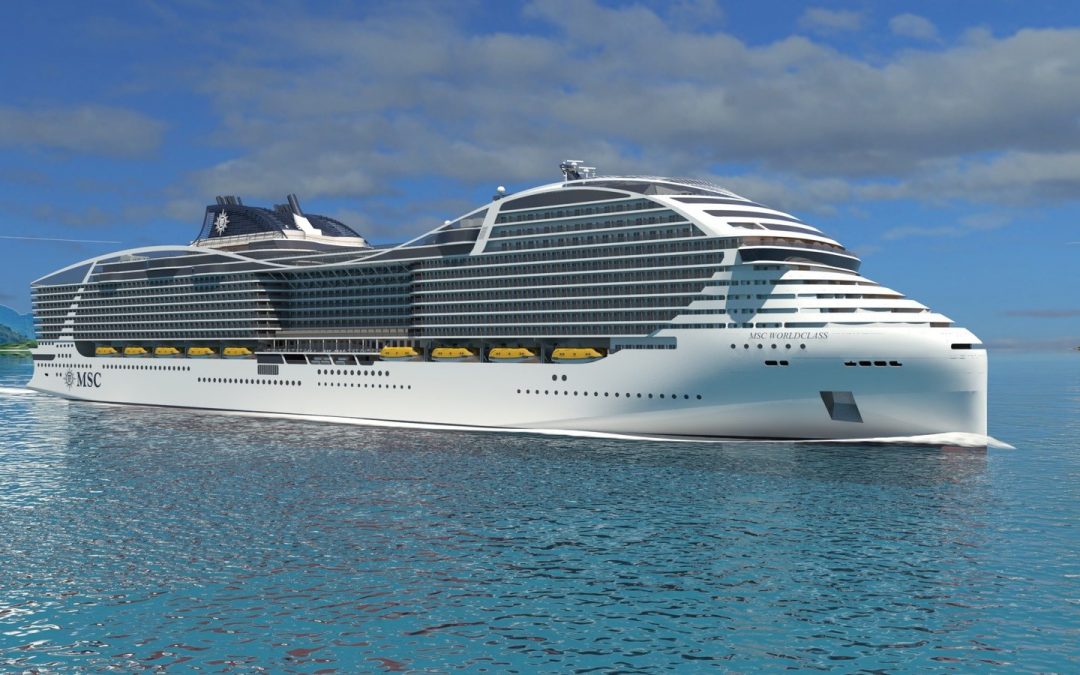MSC Cruises will “remain on track to meet, or likely exceed, the target for 40% improvement in emissions intensity by 2030 compared to 2008,” the company’s new sustainability report showed.
On 22 July 2021, the cruise line published its Sustainability Report 2020 that focuses on the steps that MSC Cruises took to secure the sustainability of its business.
Due to the extraordinary circumstances of the past year, including the COVID-19 pandemic, the company had to adapt its operation to resume sailing and reach zero-emission goals.
Furthermore, MSC Cruises saw the number of commercially operational days for the year drop by 75% and the number of passengers decreased by 78%.
In parallel to dealing with the immediate challenges brought by the pandemic, MSC Cruises worked on projects to achieve International Maritime Organisation’s (IMO) 2030 CO2 emission reduction targets.
In February 2021, the company announced that it took delivery of MSC Virtuosa, the last newbuild ship in the company’s fleet to be powered by conventional fuel adding that it plans to move to LNG as fuel with three LNG-powered ships under construction and expected to be delivered by 2025.
Last month, MSC Cruises cut the first steel for MSC Euribia, marking the official construction start of what the firm described as its most environmentally-advanced ship.
By investing in new technologies, like LNG, MSC Cruises further improved its position to “achieving net carbon neutral operations by 2050.”
“At present, our industry is almost wholly reliant on fossil fuels. To achieve our zero emissions goal, we will need to switch to new fuels and require the support of governments and regulators to enable this major transition in the cruise industry,” Linden Coppell, MSC Cruises’ Sustainability Director, said.
“In the meantime, we are committed to improving the energy efficiency of our existing fleet and are considering how best to prepare for the future.“
“This includes investigating the use of low carbon fuels that, if available at scale, can replace existing fuels without significant modification of current machineries and systems.”
Source: Offshore Energy






